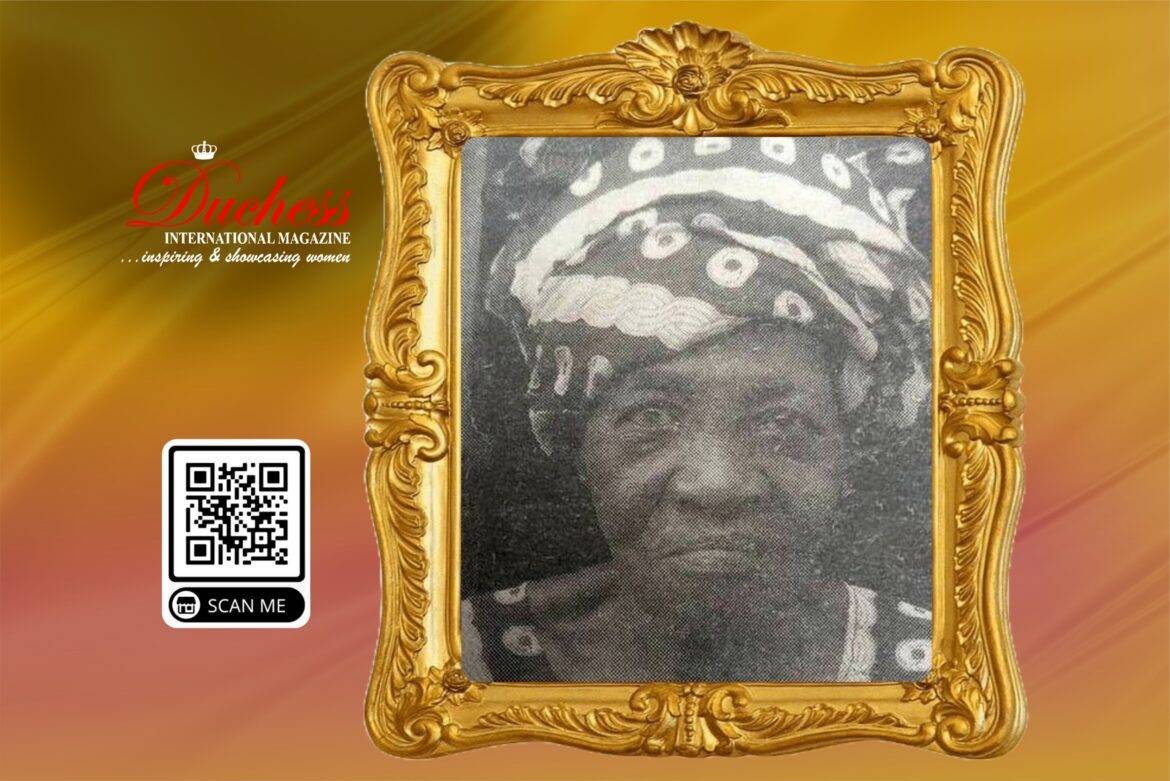In the bustling heart of Abeokuta, a small bean joint became a haven for bachelors and a melting pot of society. This wasn’t just any bean joint; it was the famous spot of Madam Janet Ewusi Odesola. Situated at “Sapon,” a term derived from “Saponloore” meaning “help the bachelors,” her eatery was a prime location connecting Ijaiye, Ago-Oba, Itoku, Lafenwa, Isale Igbein, and Ake roads.
Madam Janet, born in 1925, attended Methodist elementary school in Ijoko, Abeokuta. She began her entrepreneurial journey by selling dry fish before opening her bean restaurant in 1951. Her culinary skills quickly turned her bean joint into a beloved spot. Kings, government officials, civil servants, students, and especially bachelors, all flocked to enjoy her delicious beans and stew, known as “ewa pakure.”
The popularity of her beans was unparalleled, and she sold out daily, cooking a large bag of beans each day. However, the joy of success was soon marred by a growing problem—debt. Many customers bought on credit, some promised to pay later, and others simply never paid. The accumulating debt threatened her business.
Determined to find a solution, Madam Janet devised a simple yet profound strategy. She decided to sell only what each customer could afford at that moment, adopting the principle “sebiotimo” (cut your coat according to your cloth). If a customer had 10 kobo, they would receive 10 kobo worth of beans. If they asked for more on credit, she would firmly say, “sebiotimo.”
This principle quickly resonated with her customers. They began to respect her policy and even started reminding themselves with the phrase, “sebiotimo, elewa sapon.” Madam Janet became affectionately known as “sebiotimo elewa sapon.”
Madam Janet also made another significant change; she stopped cooking more than one pot of beans daily. When asked for more, she would reply, “mo ti se bi mo se mo” (I have cut my coat according to my cloth), reinforcing her practical wisdom.
Madam Janet’s nickname “sebiotimo” became a cultural proverb in Yoruba society, embodying the lesson of living within one’s means. Her story is more than just about selling beans; it’s about resilience, practicality, and wisdom.
Read also: Meet the Most Expensive Bride, Sudan’s Athiak Dau Riak
Why Investing in African Business Women Can Bring Economic Growth for All



